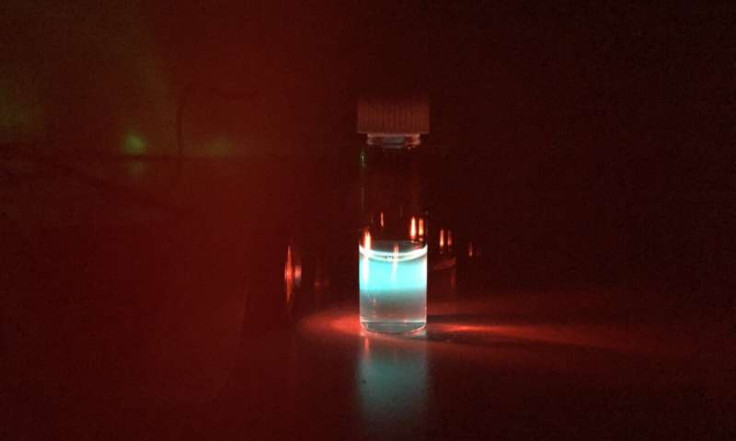Humans will have night vision soon, thanks to nanoparticles
Humans might soon be able to see in infrared light using nanoparticles, according to a new study.
You might soon be able to see in the dark without wearing night-vision goggles. Scientists are developing night vision that will be possible without wearing any external device.
Scientists have developed nanoparticles that can be injected in the eye and provide a person night vision with naked eyes.
"When we look at the universe, we see only visible light. But if we had a near-infrared vision, we could see the universe in a whole new way. We might be able to do infrared astronomy with the naked eye, or have night vision without the bulky equipment," Gang Han, Ph.D., the project's principal investigator stated in a public briefing at the American Chemical Society Fall 2019 national meeting.
While eyes of humans and other mammals can detect light between the wavelengths of 400-700 nanometres, near-infrared light has longer wavelengths of 750 nanometres – 1.4 micrometers. Thermal imaging cameras see in the dark by detecting infrared radiation reflected by organisms or objects.
The scientists claimed that they can endow a human with near-infrared vision by injecting a special kind of nanomaterial called upconversion nanoparticles (UNCPs) into his/her eyes. These nanoparticles contain erbium and ytterbium, which can convert low-energy photons from infrared light to higher energy green light.
The scientists have injected UNCPs into mice's eyes by attaching a protein that binds them behind the photoreceptive surface of the eyes. The researchers then had two groups of mice that were trained to go through an escape route. One group was injected with UNCPs and the other was left as is. They found that the ones with UNCPs could easily find their way out while the others could not find the way out.
The UNCPs endured for 10 weeks inside the mice's eyes and did not cause any visible side effects. The research team wants to improve the security and safety of these materials before implementing them in humans. They also want to improve the brightness of such particles before human use. The team is also experimenting with organic particles instead of rare earths, which would mean that UNCPs dissolve in the eyes after some period of use. The next in line to benefit from this technology, is not humans but dogs, which will be trained to help law enforcement.

© Copyright IBTimes 2025. All rights reserved.





















